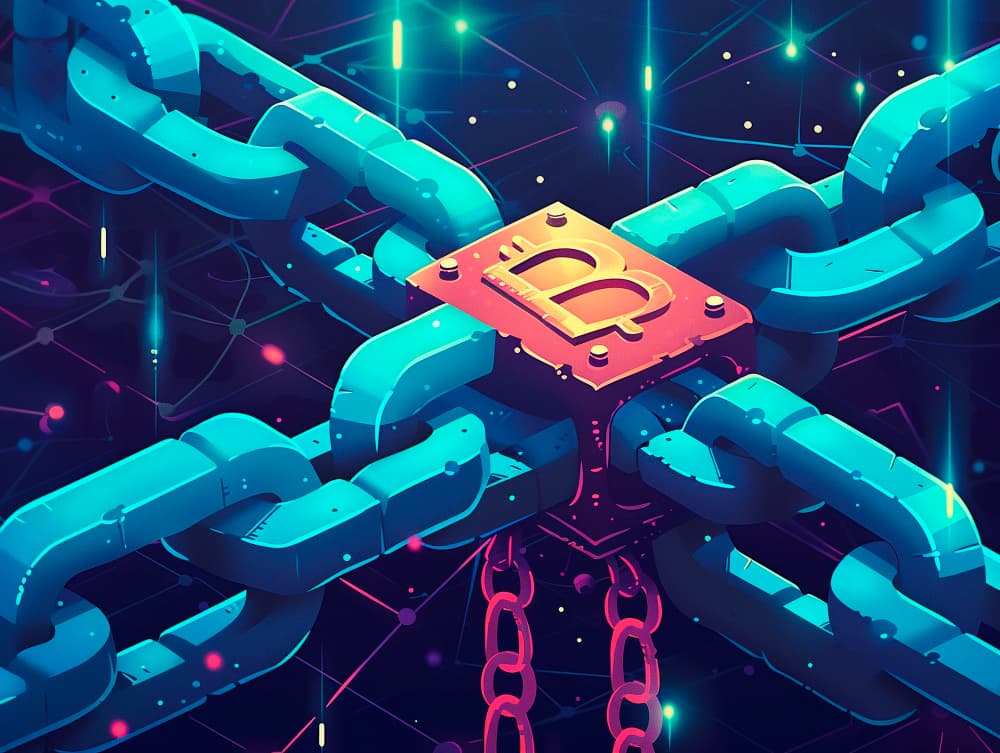If you are reading this blog post you are probably aware of the Decentralized Finance industry, or DeFi, which has almost become a synonym to Crypto, but even those of us who use the term on a daily basis may forget how recent the DeFi terminology is. Coined in an August 2018 Telegram chat between Ethereum developers and entrepreneurs, it broadly describes financial services in the digital asset (crypto) space provided via protocols accessible by anyone.
Later, around early 2020, a growing trend started emerging from the DeFi community around regulated financial assets, which they termed Real World Assets (RWAs), with the aim of bringing them into the DeFi ecosystem. In this post, we go over what RWAs are and what they are not.
A matter of scale
Compared to traditional finance blockchain applications, the DeFi landscape has evolved at neck breaking speed and terminology can often be a source of confusion, given the highly technical nature of the protocols involved and the complexity of some of the financial services they provide. Ironically, the total capitalization of the DeFi space, currently at around €3 trillion, is both fueled and limited by the fact that it doesn’t have to comply with securities and commercial regulations that are the backbone of the traditional financial system.
On the one hand, such freedom enables fast capital concentration and technological innovation. On the other hand, it blocks DeFi from connecting with the vastly larger pools of capital present in the traditional financial sector globally. This includes roughly $400 trillion in real estate, or about $20 trillion in professionally managed private capital (a small fraction of total non-public equity). Zeroing in on the total value of private capital globally is hard given the lesser disclosure requirements, but to get an idea of its scale, the combined value of the 500 largest private companies alone exceeds 8 trillion.

Because of the sheer scale of private capital, bridging the gap between DeFi and traditional finance is an increasingly important goal for companies in the space. From the DeFi perspective, this entails tokenizing assets that exist in the "real world", distinct from the "digital assets" like Bitcoin that fuel DeFi growth, giving rise to the term "RWAs".
The Real World Assets Industry lives in parallel to DeFi
But the truth is that, in parallel to the evolution of DeFi, the application of blockchain technology to the traditional finance world has been developing, with companies like Token City spearheading the charge, and regulators increasingly providing frameworks to enable this, such as the EU Commission’s Pilot Regime, the first EU wide-sandbox, which sets up exemptions from financial regulation, to allow for the tokenized primary issuance and secondary trading of specific regulated assets: equity, bonds and UCIT funds.
Contrary to what the name implies, RWAs don't refer to tangible assets such as real estate or art pieces. The key characteristic of RWAs is that they exist outside the blockchain and are brought onto it through tokenization, creating a digital token that can be traded and collateralized, benefiting from the operational and cost efficiencies that blockchain technology provides.
Broadly speaking, RWAs can be categorized as tangible or intangible.
Tangible RWAs: These include physical assets such as real estate, art, precious metals, or commodities.
Intangible RWAs: These cover financial instruments like equities, debt and bonds, or intellectual property.
To sum up, RWAs are not only tangible assets like art or real estate, but also securities, and DeFi has adopted the term to include any asset that isn’t a native cryptocurrency, emphasizing its connection to the traditional economy.
Enter the new tokenized economy
Token City is the ultimate bridge to the tokenized economy (tEconomy), in which tokenized companies (tEnterprises) create their cryptoasset markets (tMarkets), open to global investors (tCitizens).

